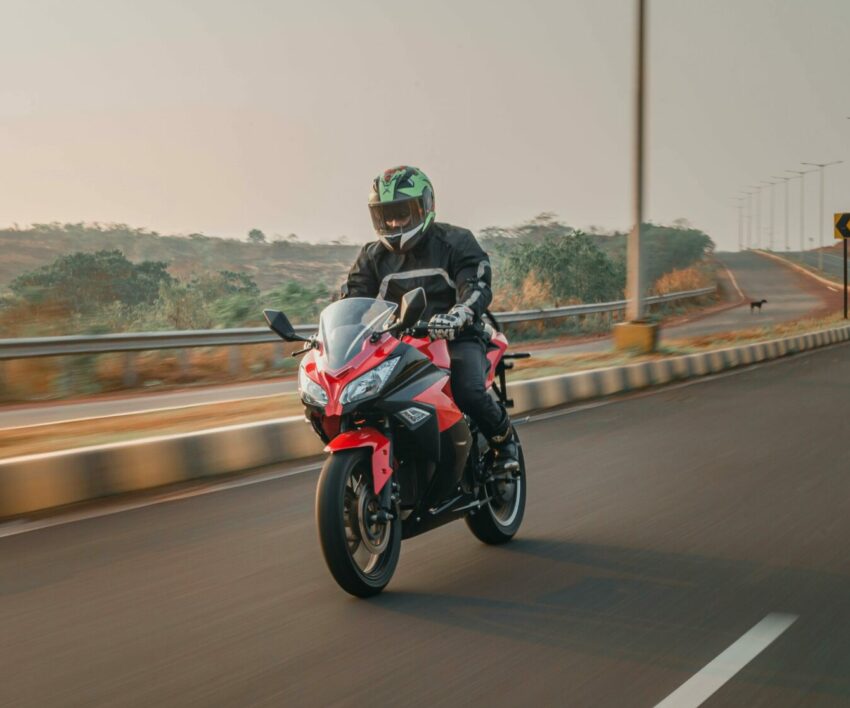
Electric bike riders in South Africa may soon have to swap their helmets for number plates, as a fresh legal shake-up has reclassified high-speed pedal-assist bicycles as motor vehicles.
Signed into law on 2 December 2024, an amendment to the National Road Traffic Act now defines any electric bicycle capable of travelling over 45km/h as a fully-fledged motor vehicle, as reported by Top Auto. That means registration, road licences and a proper driver’s licence will now be required to operate them legally on public roads.
The new rule could put the brakes on thousands of commuters and hobbyists who’ve embraced e-bikes as a fast, eco-friendly alternative to sitting in traffic. With many models easily reaching – or even exceeding – the new legal speed threshold when terrain and pedalling power combine, riders now find themselves unexpectedly in the same bracket as scooter and motorbike drivers.
These pedal-powered machines come equipped with electric motors that offer a helpful push when climbing hills or navigating city streets, making them especially popular in urban centres like Cape Town. But the legal tide is turning.
The City of Cape Town has stepped in, requesting clarity from Transport Minister Barbara Creecy. Its Safety and Security Portfolio Committee is eager to understand how the change will be enforced and how to prepare traffic officers for a new wave of two-wheeled regulation.
Councillor Mzwakhe Nqavashe, who chairs the committee, says education is key: ‘We’re seeing more electric pedal cycles on our streets, and while this amendment is a step in the right direction, it’s vital that the public – and our enforcement teams – know exactly what the law expects from them.’
Nqavashe also flagged growing concerns over reckless rider behaviour, particularly those who treat sidewalks like speedways or weave through traffic unsafely. He said the City will explore potential updates to its Traffic By-law to align with the national shift.
This development mirrors trends in Europe, where e-bikes with similar capabilities are tightly regulated. In countries like Germany and the Netherlands, once an e-bike’s motor output or speed crosses certain thresholds, it must be insured, registered and operated only by licensed drivers wearing helmets.
Local riders may now face similar responsibilities, with the added possibility of fines or impoundments for non-compliance.
The move is expected to spark debate between lawmakers, bike manufacturers, and cycling advocacy groups, many of whom argue that not all e-bikes are built the same – and that stricter rules could discourage green commuting.
For now, however, anyone gliding down a hill at 50km/h on a pedal-assist bike might want to check if they’re still considered a cyclist – or if they’ve just become a motorist in the eyes of the law.
Compiled by: Aiden Daries
First published by Cape {town} etc
Also see:




